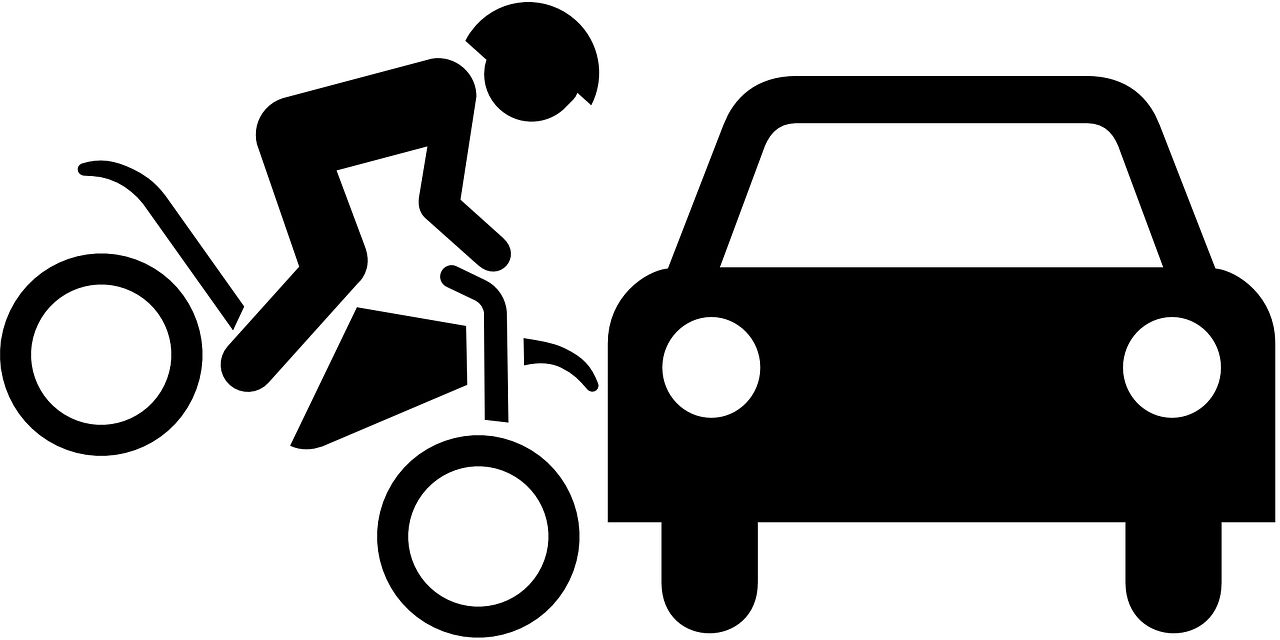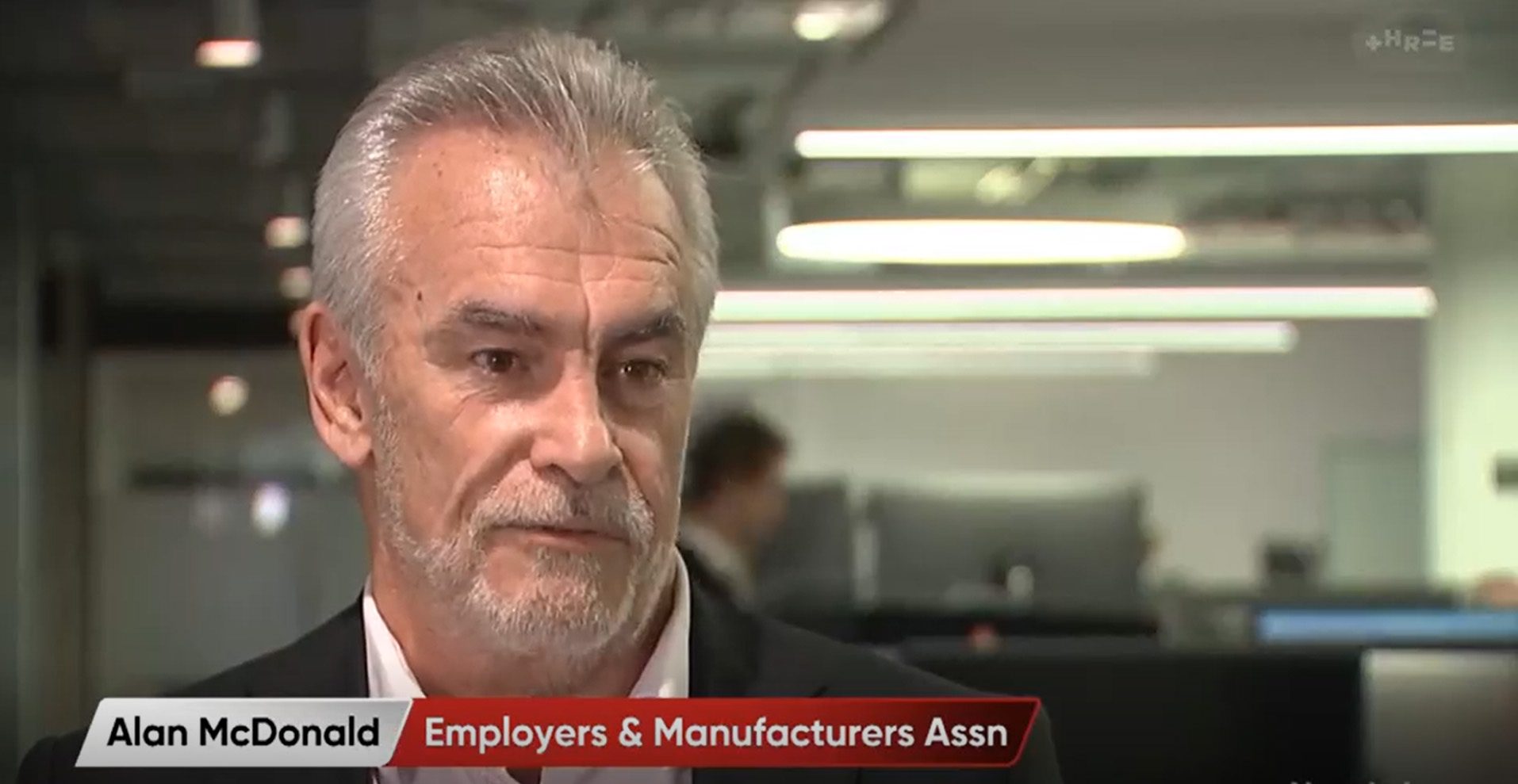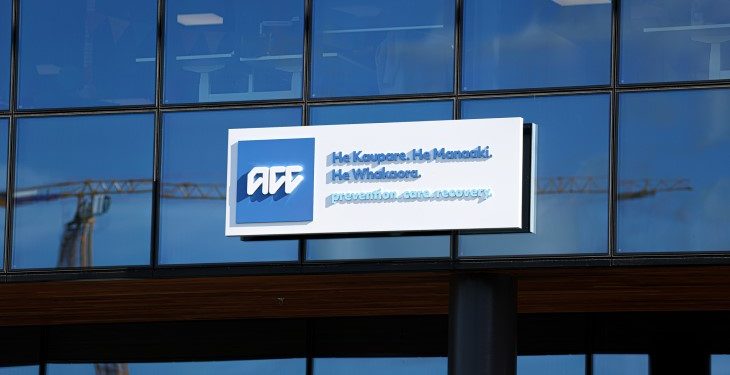More Price Pain – This Time ACC Levies
Words NZ Autocar | Images ACC, EMA
ACC is set to increase its levies by more than seven percent for motorists. And according to the Automobile Association (AA) this should have happened three years ago, following a review suggesting as much.
ACC is in the midst of increasing its levies, by at least seven percent for motorists, and by over four percent for employers and earners. The proposal is out for public consultation.
Not only are people suffering more injuries but the cost of treating them has also increased so levies must rise to compensate.
The AA says ACC must be financially sustainable to continue to support people involved in motor vehicle crashes.
At the time of the review, the government of the day did not increase the levies because of the economic conditions. But deferring revenue when costs keep increasing cannot continue. The scheme must be sustainable.

ACC is proposing levy changes to different categories of vehicles, with motorcyclists expected to contribute more. The AA will analyse whether those changes are reasonable and may propose its own options.
The government continues to collect 48 percent of the ACC revenue via fuel excise, with tax set at six cents per litre. However, fuel consumption has dropped as modern vehicles become more efficient, putting that source of income under pressure.
This is one reason the government is considering the introduction of distance-based road user charges for fuel excise, road maintenance and probably ACC levy collection.

Employers and Manufacturers Association (EMA) head of advocacy, Alan McDonald, feels “consistent small increases are better than perhaps a bigger bang at the end of an extended period.”
He added that the ACC needs to keep pace with changing costs, such as recent sharp increases in medical expenditure.
He was also pleased that ACC is open to increasing the levies over the next three years, because it will be easier for employers and workers to adjust.
However he added that it’s just another price rise his members don’t need at present. That said, Kiwis continue to have a high rate of injury and death at work compared with other countries.
“We have to slow down injury rates – it’s just not good enough.”

ACC chief executive, Megan Main, said that the increase in levies was designed to keep the scheme fair while matching injury risk.
Motorcyclists are over-represented in cost injuries, rehabilitation is taking longer and more injured people need time off work for longer. Problems within the health system aren’t helping, she said.
Both the AA and EMA are making submissions as part of ACC’s public consultation.





